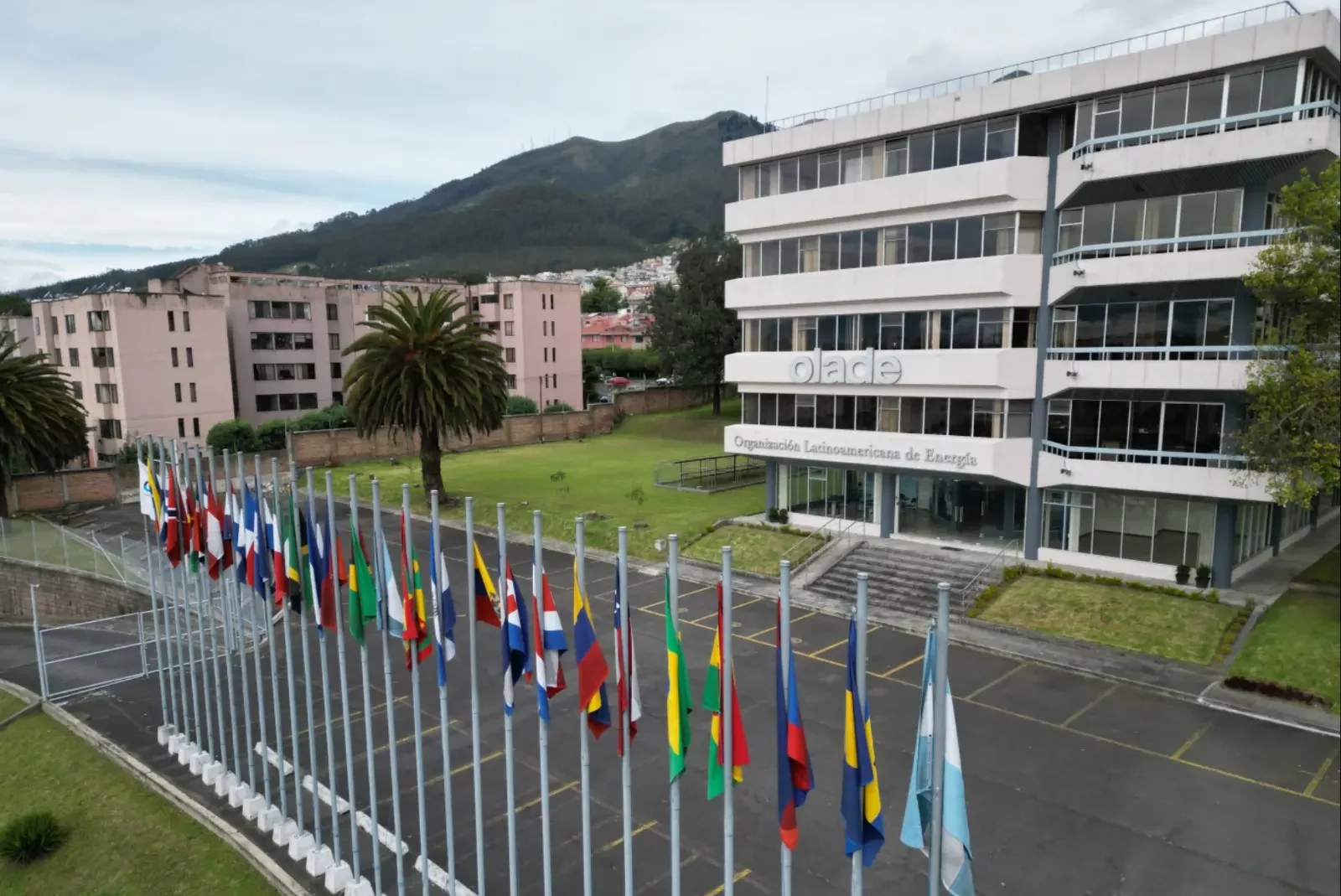
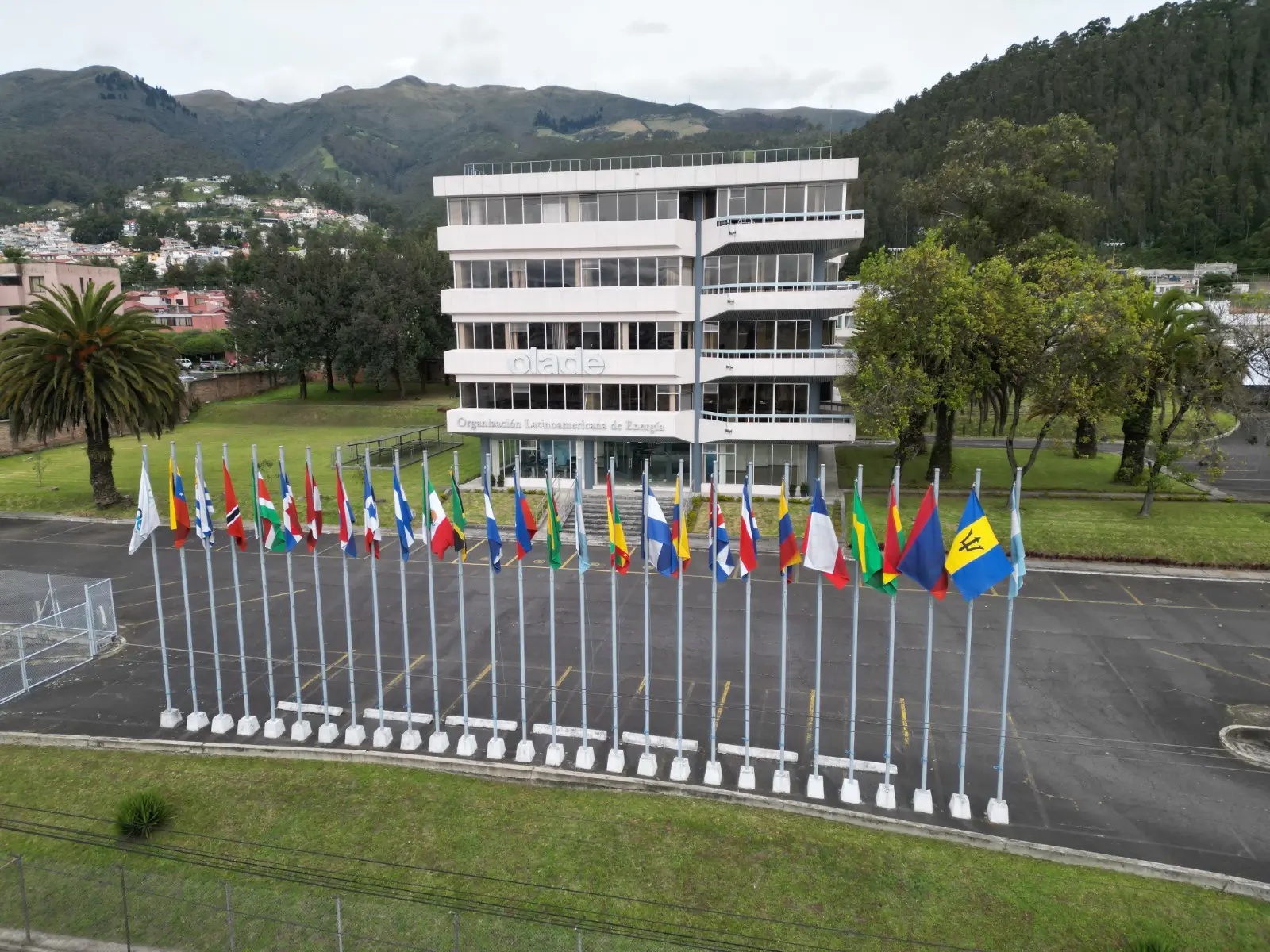
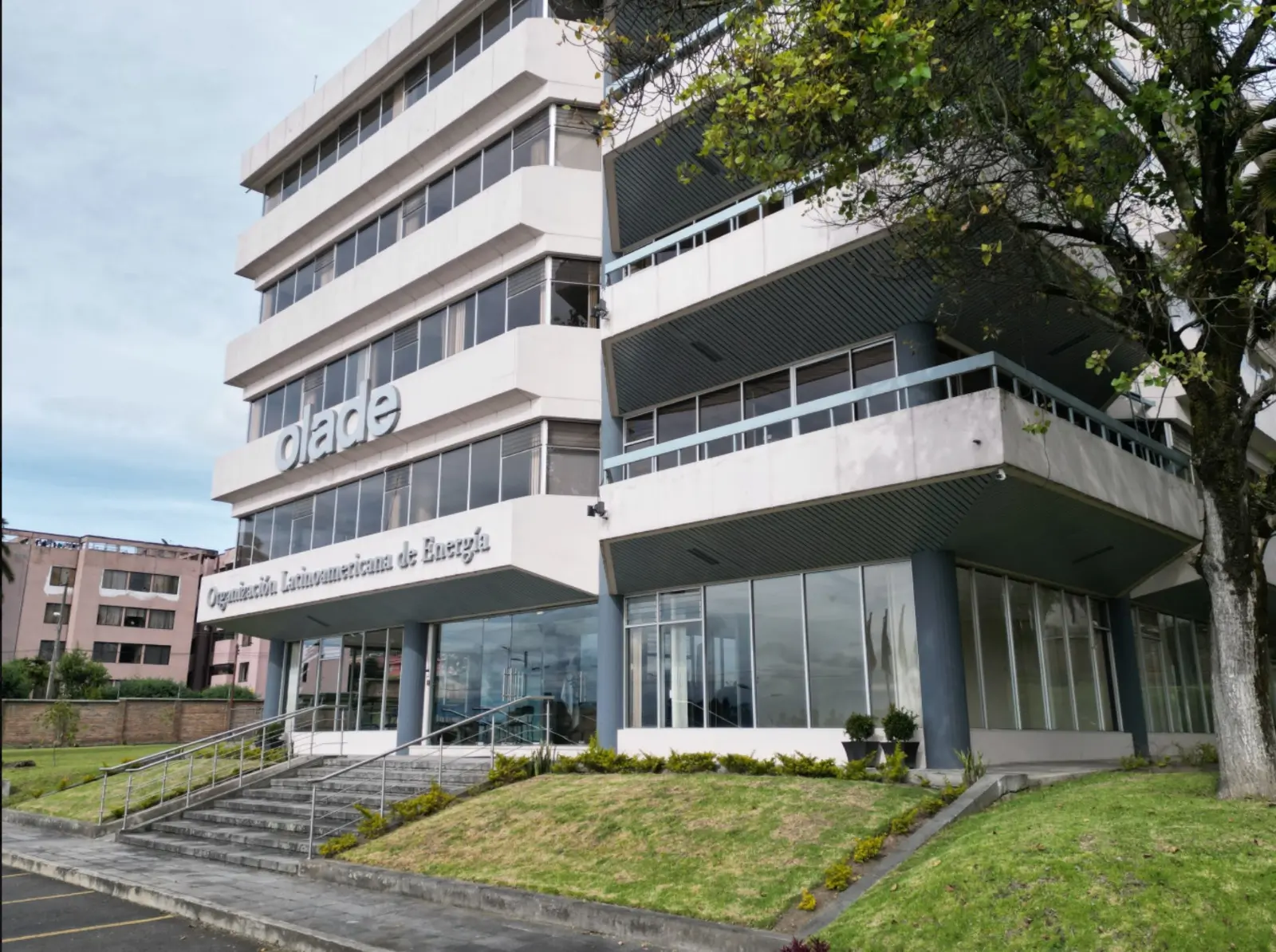
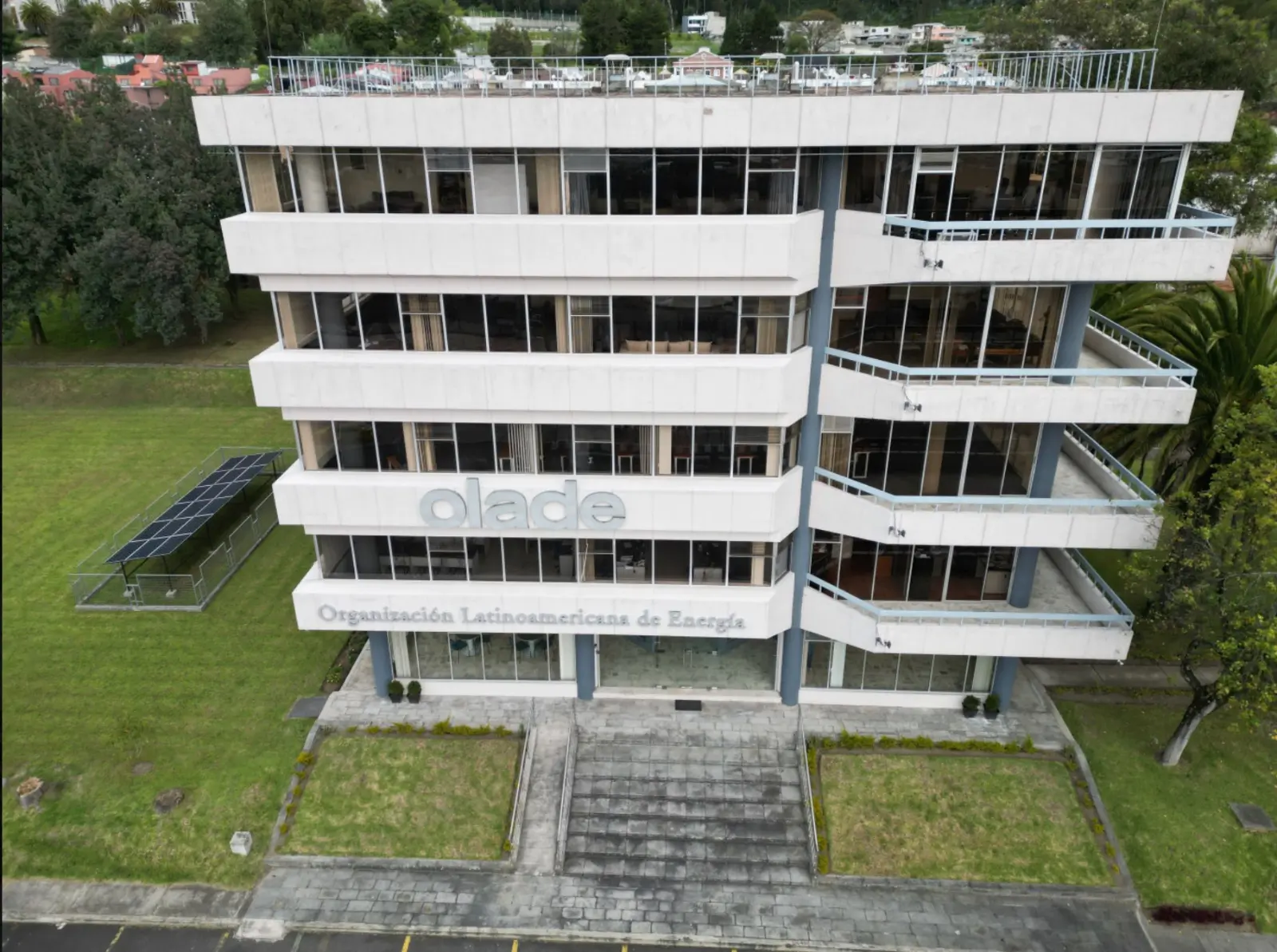
The Latin American Energy Organization (OLADE) is an intergovernmental public body of cooperation, coordination and technical advisory, established on November 2, 1973 by signing the Lima Agreement, ratified by 27 countries in Latin America and the Caribbean, with the fundamental objective of promoting the integration, conservation, rational use, commercialization and defense of the region’s energy resources.
OLADE, arises from the search for a new equitable economic relationship between Latin American and Caribbean countries, in a regional context marked by large imbalances between the structure of energy consumption and the ability to satisfy it with local resources. At the beginning of the 1970s, during the oil price crisis, the energy authorities of Latin America and the Caribbean, as a result of two consultative meetings, valuing integration as an encouraging option for covering the energy needs of the region and a gradual solution to the large gaps in the trade balances of the oil importing countries, the establishment of a regional body dedicated to energy development was considered.
Aware of the need to coordinate actions for the development of energy resources and jointly address problems related to their efficient and rational use, the region’s energy ministers gathered in Lima, Peru to constitute an intergovernmental body aimed at promoting the use of energy resources as a factor of regional integration, reaffirming the importance of coordinating solidarity actions for their defense and preservation.
In this context, the plenipotentiaries designated by the founding Member States, on November 2, 1973, signed the Lima Agreement, an instrument that, at the forefront of its times, proposes, through the creation of a cooperation and advisory body, promoting energy integration based on solidarity of actions for the independent development of energy resources. In order to achieve these ends, the OLADE constitutive treaty proposes the promotion of effective national policies aimed at guaranteeing the rational use of energy resources, serving as a platform for the design and implementation of a regional energy policy that enables Member Countries to insert themselves as a block in the international scene. In this sense, the Lima Agreement includes among the objectives and functions of OLADE, the coordination of interstate negotiations aimed at ensuring the stable and sufficient supply of the energy necessary for the integral progress of nations, tending industrialization and the corresponding development and the complementation of the infrastructure and means of transport.
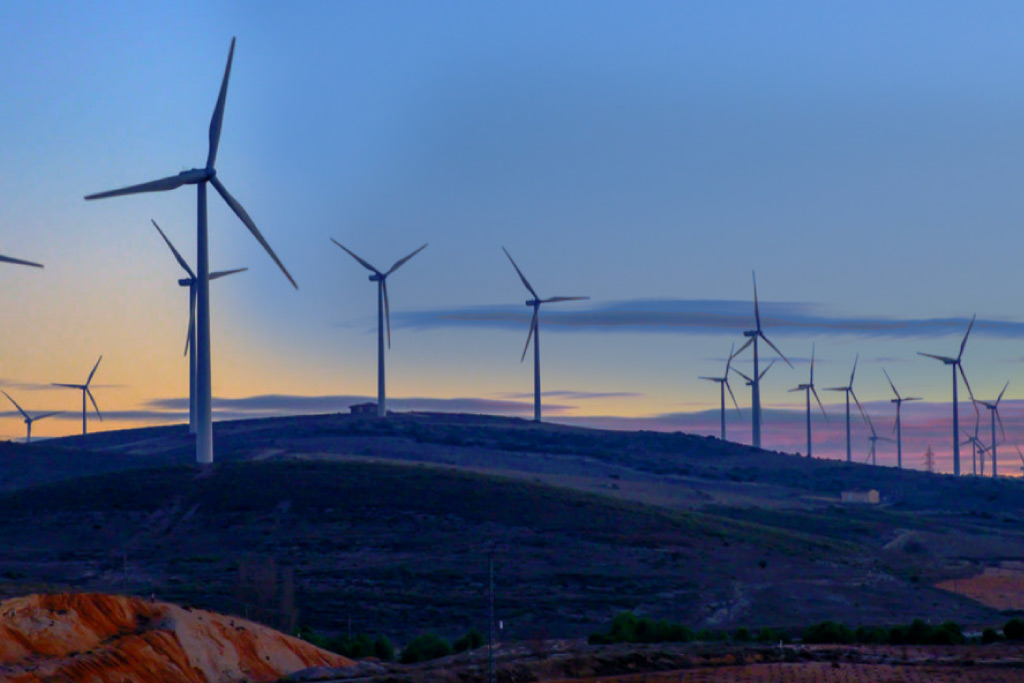
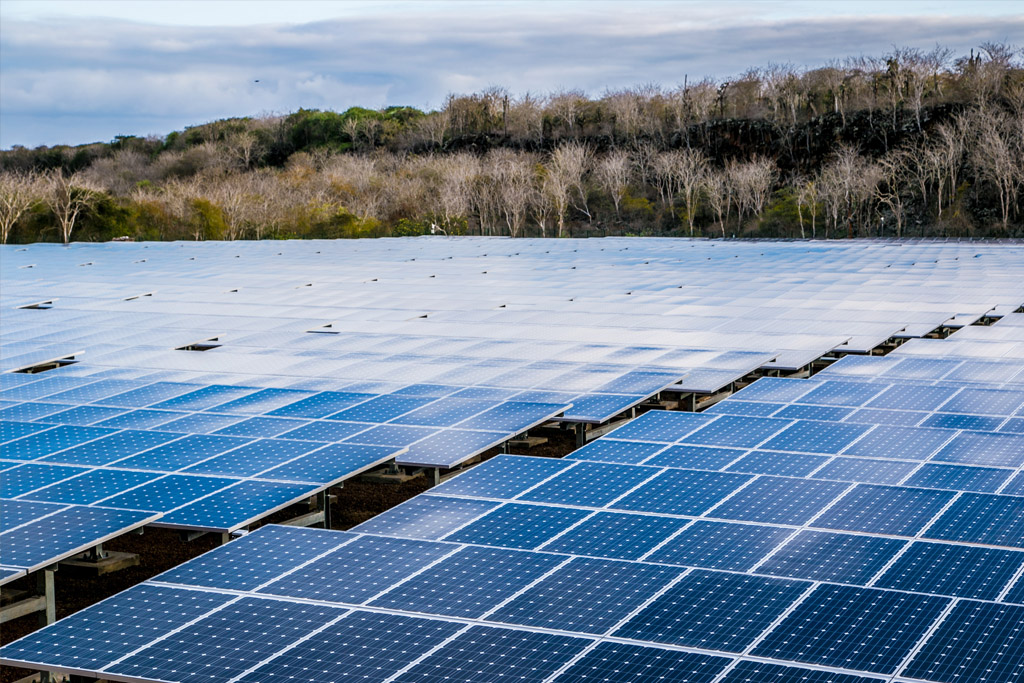
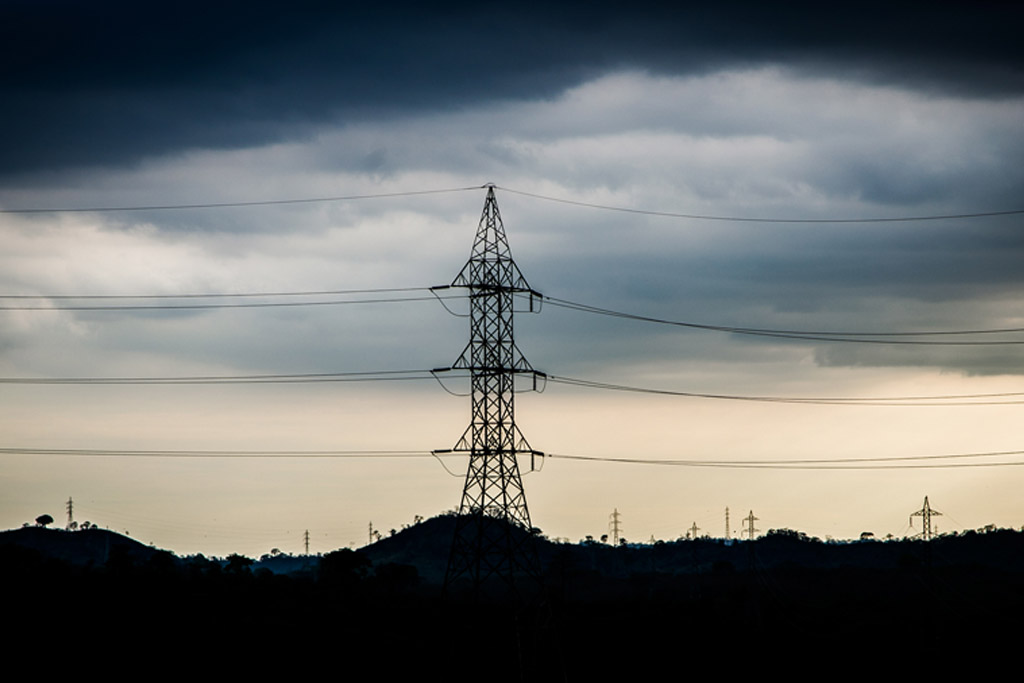
To contribute to the integration, sustainable development and energy security of the region, advising and promoting cooperation and coordination among its Member Countries.
The political Organization of technical support, through which its Member States make common efforts for regional and subregional energy integration.
Since the beginning of 2023, he has held the position of Executive Secretary of the Latin American Energy Organization for the period 2023-2025, a position elected at the LII Meeting of Energy Ministers of Latin America and the Caribbean, held in December 2022, and in compliance with the provisions of the Lima Agreement.
With an outstanding professional career of more than 30 years, Andrés Rebolledo Smitmans has held various technical leadership and political positions in the energy sector, international economic relations and multilateral organizations.
An economist from the University of Chile, Andrés Rebolledo Smitmans served as Chile’s Minister of Energy in 2016-2018 and as President of Chile’s National Oil Company.
He has also worked as Vice Minister of International Economic Relations of Chile, Ambassador to Uruguay, Representative to ALADI and consultant to the Inter-American Development Bank (IDB) and other organizations.
During his tenure as Minister, he implemented a major transformation of Chile’s energy sector with the massive incorporation of non-conventional renewable energies that promoted a cleaner energy matrix and a more efficient and competitive sector. Such transformation was carried out within the framework of a participatory process involving all relevant stakeholders in the sector, which also made it possible to develop a regulatory framework to promote electromobility and introduce new technologies and energy sources, such as green hydrogen.
In the academic field, he has taught at several universities in his country, especially in postgraduate programs, and was Dean of the School of Business and Administration at Universidad SEK in Chile during the period 2020-2022
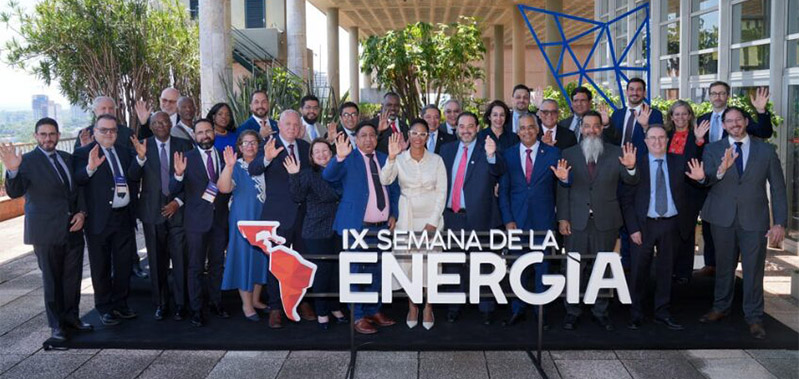
It is the advisory body in charge of providing technical support and assistance to the Meeting of Ministers and the Permanent Secretariat, in all matters related to the fulfillment of the objectives and functions of the Organization, in correspondence with the requests and needs of the Member States. .
It acts as a preparatory commission for the Meeting of Ministers and is in charge of carrying out studies and implementing activities entrusted to it by the highest governing body of OLADE. It is made up of Delegates appointed by the Member States.
It meets regularly twice a year, and extraordinarily according to the causes set forth in OLADE’s internal regulations.
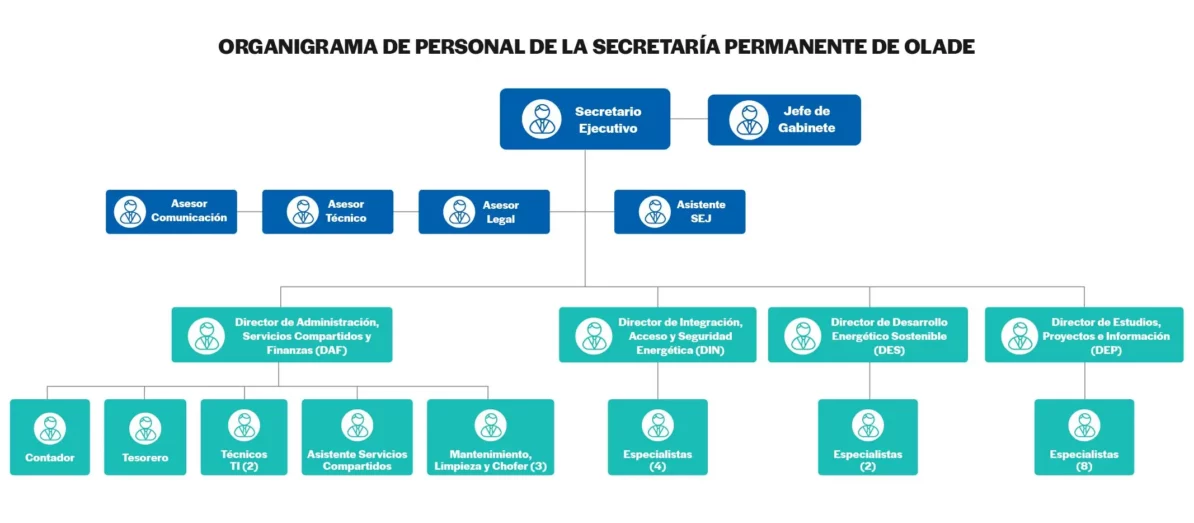

Address: Av. Mariscal Antonio José de Sucre N58-63 y Fernández Salvador
Edif. Olade – San Carlos, Quito – Ecuador
Phones: (593 2) 259 8122 / 2598 280